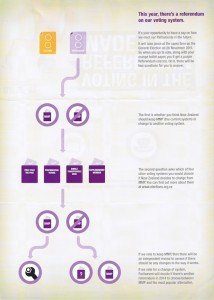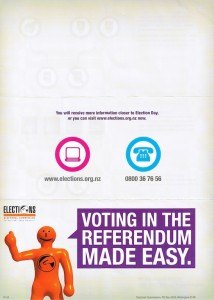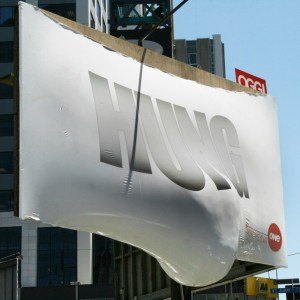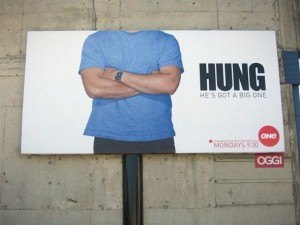
Stuff reported on Massey University Chancellor Michael Ahie’s refreshing defence of vice-chancellor Professor Jan Thomas. He acknowledged a review of dealing with security threats is underway, and Professor Thomas has revised her position on defunding university clubs:
“[Massey University Council] is encouraged that Professor Thomas has already initiated a review of how staff assess security threats at its campuses.” “It also noted that Professor Thomas has acknowledged to students’ associations her regret that in one email she raised the possibility of restricting funding to clubs and associations.”
“In a student forum at Wellington [on Thursday] she provided an assurance that she supports their independent voice and that there would be no changes to the current processes around determining funding of students’ associations.”
Professor Jan Thomas spoke on Thursday, addressing calls, mainly from Simon Bridges, Don Brash, Mike Hosking, and David Farrar for her to resign, saying:
“Everyone’s entitled to their views. My response to that is I don’t intend to resign.”
When asked if she regretted the decision, she said being a vice-chancellor or any leader of a complex organisation was not easy.
“The reality is every day, all day and most nights, the things that come across my radar are large and complex and often have no easy answers or no good outcome.”
“And there are often times you make decisions in that greyness and complexity in a way that if you had your time again, you see you might have had more information, you might have done other stuff, you might have done many things.”
Thomas said she does what she thinks is right at the time, and lives with the consequences.
“I have absolute tried to live my life and particularly my personal life with a level of integrity.”
She said she regretted her decision caused a lot of distress and distrust in her leadership.
Radio New Zealand reported her further comments:
“There are limits where there is non-evidence based targeting of groups of people based on a particular characteristic that they have, rather than any idea they have or anything. For example with ethnicities, gender fluidity, those sorts of things.”
“If that voice leads to damage, psychological damage, or silencing, or suppression of those particular groups of people, I personally have some challenges with that.”
Image credit: David Wiltshire – own work, CC BY-SA 4.0


 Macsyna King cooperated with the police and was a prosecution witness, she hasn’t just decided to speak now. She isn’t profiting from the book either, Ian says: “Apart from sharing a Domino’s pizza during lunch, Macsyna has never received anything nor will she.” Ian will earn money for the book, but points out that researching and publishing a book takes time and money and that
Macsyna King cooperated with the police and was a prosecution witness, she hasn’t just decided to speak now. She isn’t profiting from the book either, Ian says: “Apart from sharing a Domino’s pizza during lunch, Macsyna has never received anything nor will she.” Ian will earn money for the book, but points out that researching and publishing a book takes time and money and that 


